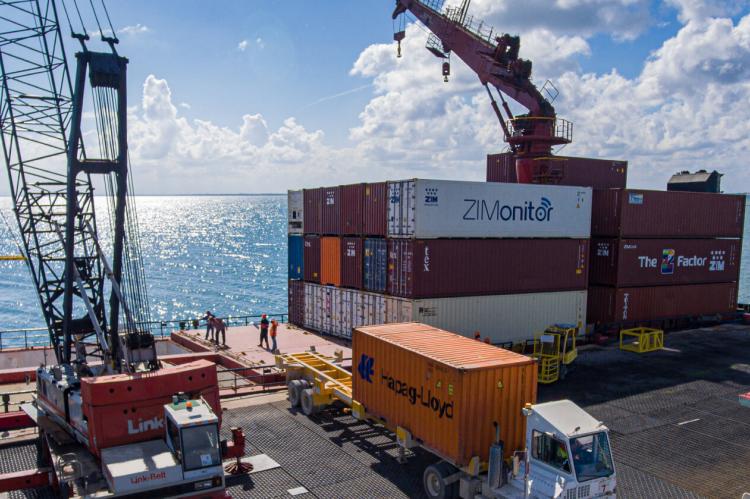"Legal Battle Continues as Christian Workers Union and Port of Belize Dispute the Legality of Strike and Statutory Immunity"
By: Omar Silva, NP Staff Writer
Belize City, Friday 31st March 2023
The Christian Workers Union (CWU) and the Port of Belize Limited (PBL) are embroiled in a legal battle over a strike that the PBL claims was illegal and resulted in significant revenue loss. The PBL has filed a lawsuit against the CWU’s President and five union members for their role in the demonstration, seeking damages for their losses. The CWU is arguing that they were provided statutory immunity under the Trade Union Act, which protects both employers and unions from tortious liability during industrial action. The PBL, however, is arguing that the union’s strike was unlawful because it was referred to the Essential Services Tribunal by the Minister of Labor, and the CWU acted in bad faith when it chose to engage in industrial action despite the tribunal’s ruling.
The CWU’s attorney, Darrell Bradley, asserts that the immunities under the Trade Union Act are still good law, and the judge must determine whether they apply to the case. According to Bradley, the immunities exist to prevent employers from conducting litigation in an oppressive way to stifle legitimate trade negotiations. Bradley argues that if the judge rules against the CWU, the case will proceed to a full trial where evidence will be heard, and legal arguments will be made.
On the other hand, the PBL's attorney, Hector Guerra, contends that the CWU is not entitled to statutory immunities because it did not follow the requirements of the law for engaging in a lawful strike. The PBL argues that the union's strike was illegal, and its members can be held liable for the damages incurred during the industrial action. Guerra points out that the evidence presented by the CWU's witness statement goes against the union's argument. He also claims that the CWU was registered under the Trade Union and Employer Organizations Act, an amended legislation, and, therefore, its members can be held liable for damages incurred during industrial action.
Furthermore, Guerra emphasizes that the PBL has reduced the figure it is seeking in special damages from 1.5 million to an estimated $390,000. The PBL argues that it suffered losses as a direct result of the illegal strike, and the CWU and its members should be held accountable for it.
In conclusion, the legal battle between the CWU and the PBL revolves around the question of whether the union's strike was legal or not and whether the CWU and its members are entitled to statutory immunities. While the CWU is arguing that the immunities under the Trade Union Act still hold, the PBL claims that the CWU did not follow the requirements of the law for engaging in a lawful strike. The judge will deliberate on these arguments to determine the case's outcome, and the legal battle between the two parties is expected to continue until a resolution is reached.
- Log in to post comments

